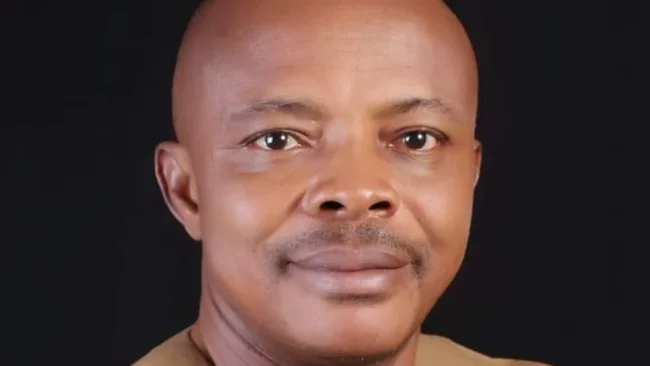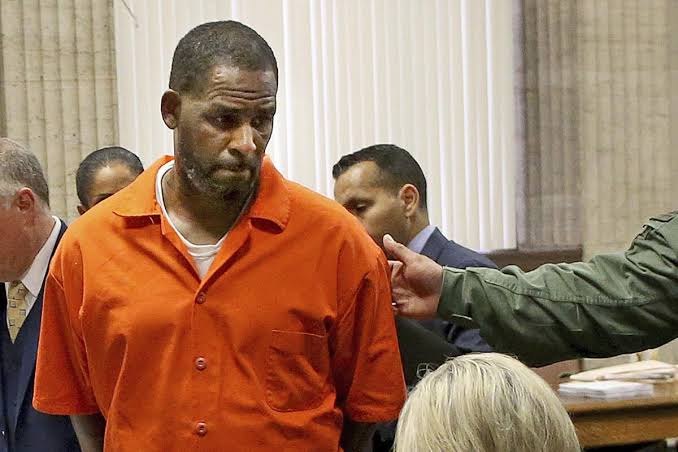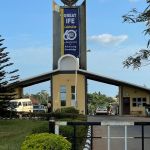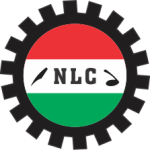Turmoil in Imo: NLC President Joe Ajaero Detained Amidst Worker’s Rights Protests
Imo State's Unpaid Salaries and Worker's Rights Violations Lead to NLC President's Arrest

In a dramatic turn of events, Joe Ajaero, the President of the Nigeria Labour Congress (NLC), was arrested by police in Owerri, the capital of Imo State. The arrest, confirmed by Benson Upah, the NLC’s media head, occurred at the state council secretariat of the NLC and has escalated tensions amidst ongoing disputes over workers’ rights and unpaid salaries.
The NLC had previously announced plans to initiate a total strike in Imo State starting November 1, 2023, in response to what they describe as the Imo State Government’s habitual violation of workers’ rights. Ajaero, in a press briefing, accused the state government, led by Governor Hope Uzodinma, of neglecting workers’ welfare, resulting in numerous deaths due to unpaid salaries. He highlighted the government’s refusal to implement previous agreements, including an accord reached on January 9, 2021, and the outstanding salary arrears of about 20 months.
The situation has been exacerbated by the state government’s labeling of approximately 10,000 pensioners as ghost pensioners, leading to over 22 months of unpaid pensions. Additionally, about 11,000 workers have been branded as ghost workers. Ajaero also criticized the non-compliance with the national minimum wage and the government’s resistance to social dialogue and collective bargaining.
The arrest of Ajaero comes at a critical moment when the NLC is gearing up for mass protests and industrial actions to express their outrage and halt the ongoing violations of workers’ rights in the state. The NLC’s head of information, Benson Upah, informed the press that Ajaero was taken by heavily armed policemen to an undisclosed location, raising concerns about the government’s approach to handling the dispute.
The NLC’s planned strike and the subsequent arrest of its president signify a deepening crisis in Imo State’s labor relations, with the potential to impact the socio-economic stability of the region. The situation remains tense as the labor union, government, and the public await further developments.


















